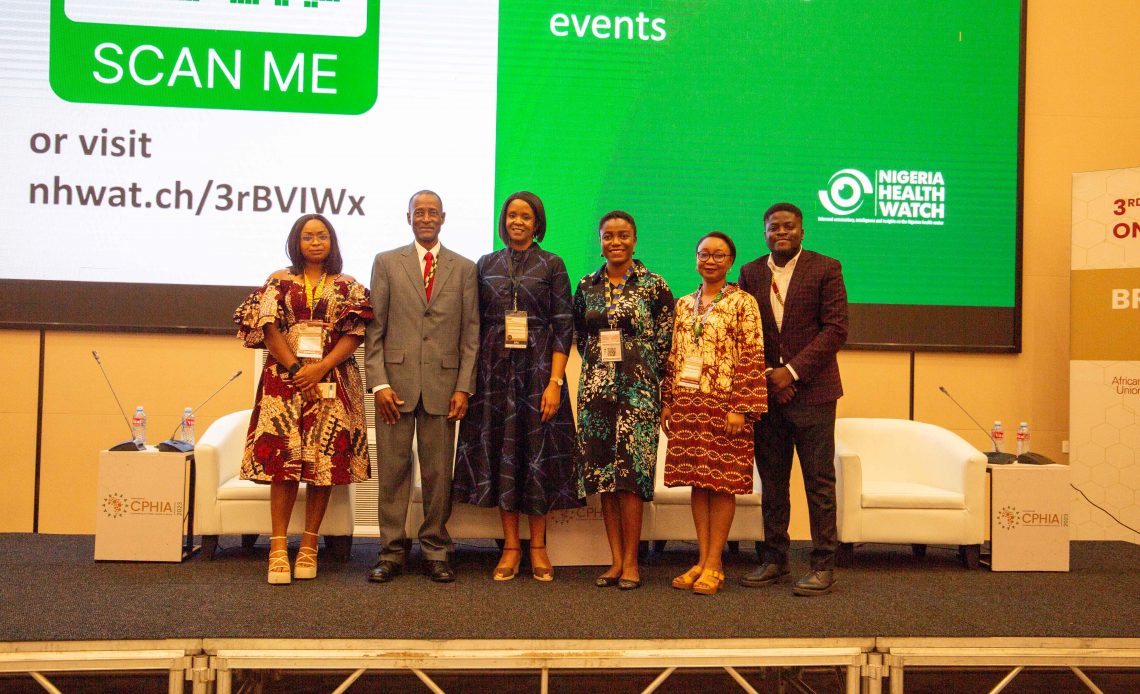Ibukun Oguntola and Sonia Biose (Lead Writers)
One of the many lessons the world learnt from the outbreak of the COVID-19 pandemic was the crucial role of effective communication and timely information dissemination in enhancing preparedness and response efforts. This has emphasised the critical role of the media in shaping public and policymakers’ perceptions and awareness about the need to remain prepared, ensuring that resources are in place to deal with a range of potential health threats.
To drive this crucial conversation, a side event was organised by Nigeria Health Watch at the 3rd International Conference of Public Health in Africa in Lusaka, Zambia. The event brought together policymakers, representatives of civil society organisations, and public health practitioners to discuss the role of media in shaping public perception about health emergencies, disseminating accurate information, and influencing policy decisions to build resilient health systems to prepare for infectious disease outbreaks.
One of the primary outcomes of the side event was the launch of the Media Advocacy Toolkit for Epidemic Preparedness and Response. This comprehensive toolkit is intended for a diverse audience that includes advocates, healthcare professionals, policymakers, civil society organisations, academia, and public health communicators, and it outlines strategies for effective media advocacy.
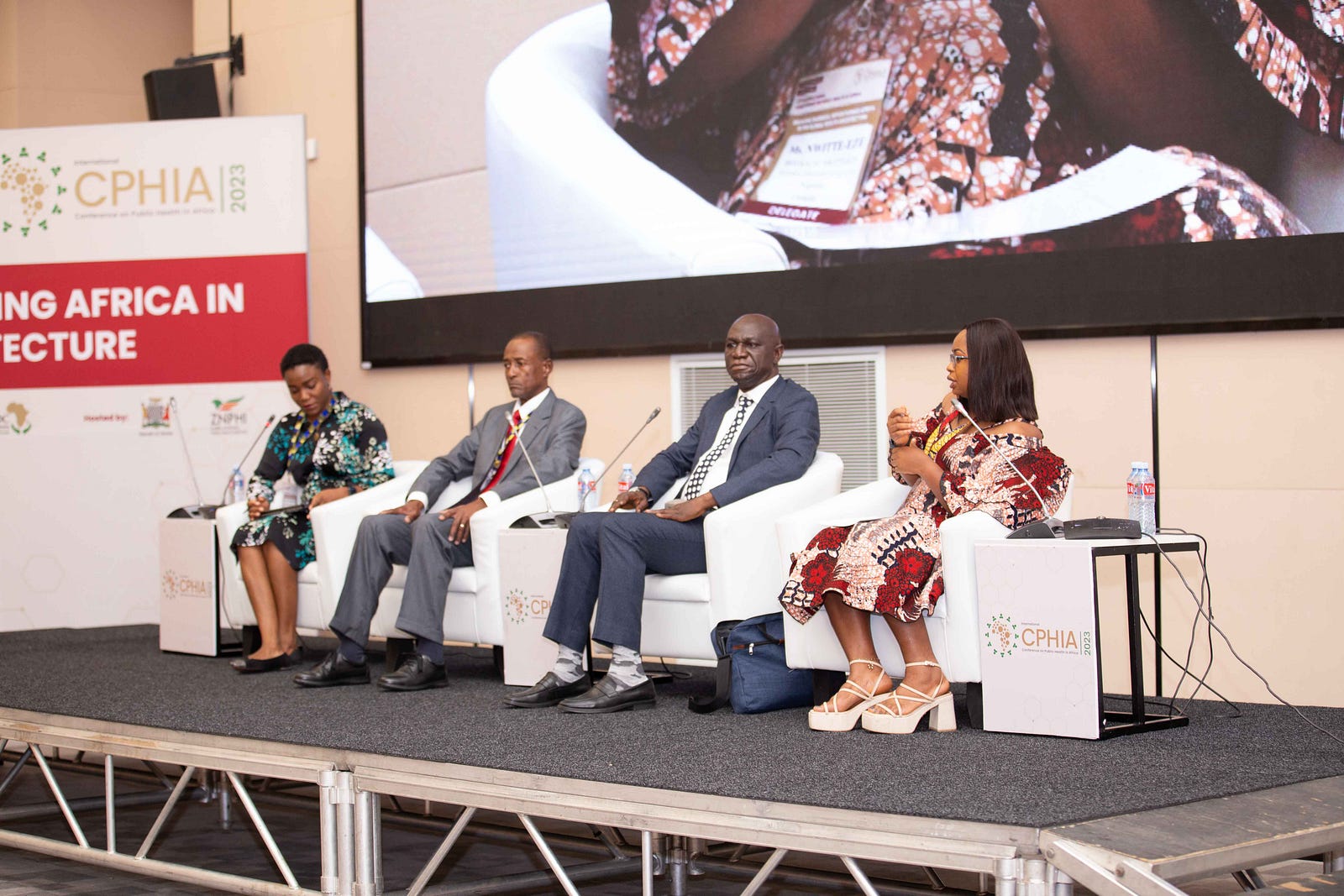
During the panel session titled “Media Advocacy for Health Security Financing: Local to Global Perspectives”,panellists, including Dr. Franciso Songane, Council Member, Africa Public Health Foundation and Former Minister for Health, Mozambique, Dr. Emmanuel Alhassan, Nigeria Coordinator, Prevent Epidemics, Global Health Advocacy Incubator, and Onyekachi Nwitte-Eze, Health Policy Analyst, Port Health Services Department, Federal Ministry of Health, discussed extensively the role that media advocacy plays in strengthening health security financing.
The media and epidemic preparedness
Media advocacy plays a crucial role in epidemic preparedness and response. Since 2018, through the ‘Prevent Epidemics Project’, Nigeria Health Watch has been working with the Global Health Advocacy Incubator (GHAI) to raise public and policymaker awareness and to advocate for funds for epidemic preparedness to ensure a sustained and stable funding mechanism for the Nigeria Centre for Disease Control and Prevention (NCDC) — Nigeria’s national Public Health Institute with the mandate to lead the preparedness, detection, and response to infectious disease outbreaks and public health emergencies.
Nigeria needs a system for managing health crises that is planned and receives adequate funding. From inception, the #PreventEpidemicsNaija project has advocated for sustained funding for epidemic preparedness to ensure adequate funds are available for disease surveillance, early detection and preparedness for potential health threats. The project also seeks to increase public and policymaker knowledge and understanding of epidemic preparedness and to raise awareness about the importance of strengthening Nigeria’s epidemic preparedness at the national and subnational levels, through a robust media engagement strategy.
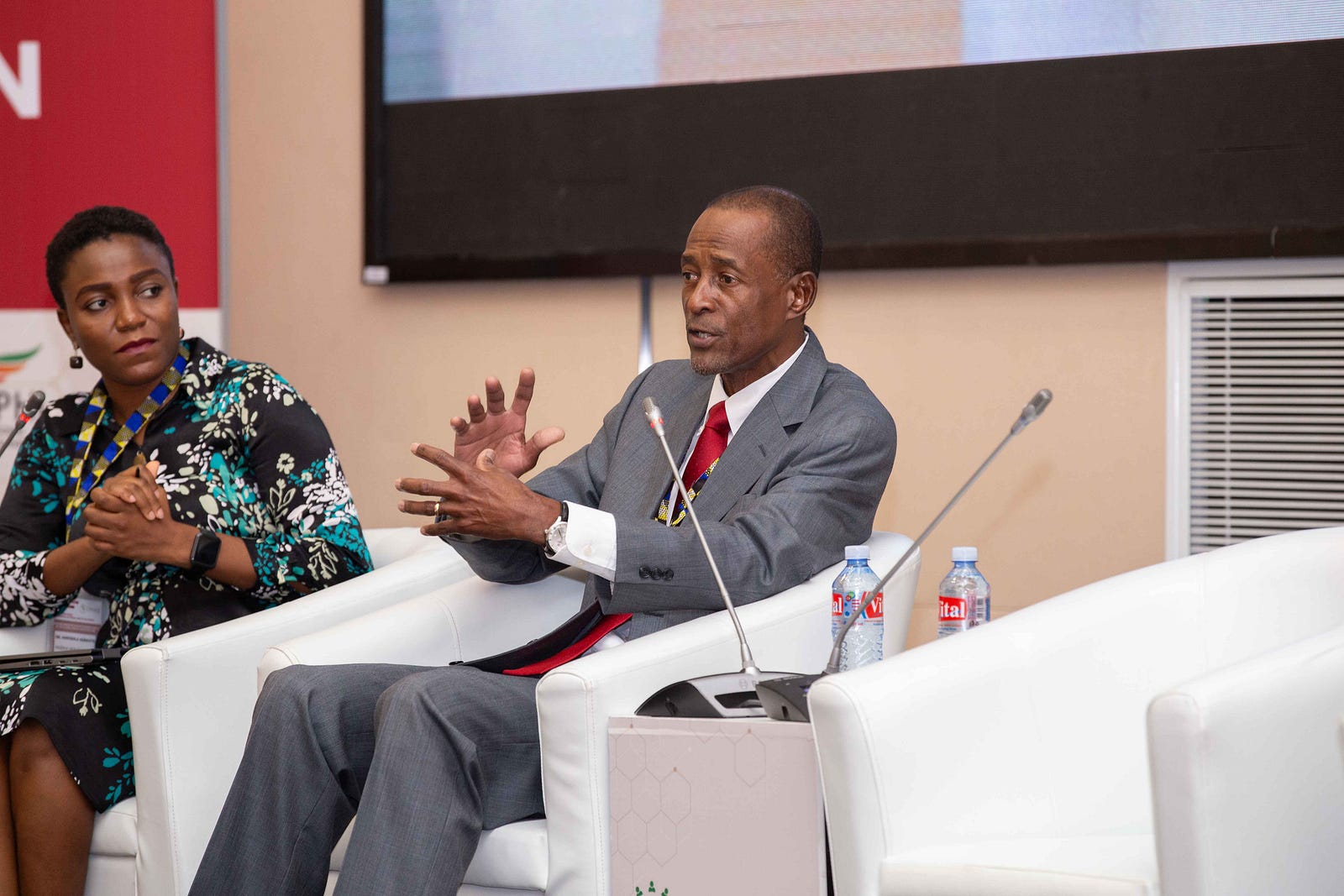
Not an easy task
Effective advocacy for sustained funding for epidemic preparedness and response in Africa would involve gaining public and policymaker support. “We find that the difficulty with gaining this support most times can be attributed to poor awareness of the cruciality of the issues”, as highlighted by Dr Fransisco Songane, Council Member, Africa Public Health Foundation and Former Commissioner for Health, Mozambique. This lack of awareness makes it difficult to gain policymaker buy-in. This is further worsened by the inability of public health advocates to adequately communicate the issues. In addition to providing evidence (facts and figures), it is also important to effectively communicate insights and information in a way that is easy to understand and achieve the desired outcomes.
The media holds immense power in shaping public opinion and highlighting issues often overlooked. Through compelling stories, data-driven reports, and expert interviews, the media can bring epidemic preparedness to the forefront, making it a priority for citizens and policymakers alike. By providing accurate and accessible information, the media can equip communities with the knowledge and tools to protect themselves during outbreaks. This includes promoting hygiene practices, encouraging vaccination, and fostering trust in public health initiatives.
Not only is it important to bring to the forefront emerging issues in health security, but it is also as important to share the successes and progress made in strengthening health security. Onyekachi Nwitte-Eze, speaking from the perspective of Port Health Services, an institution under the Nigeria Federal Ministry of Health and Social Welfare, “we find that public health organisations are doing a lot of work, but people are not aware. Port Health Services is one of the oldest institutions in Nigeria, and not many people know of its existence, not to mention the milestones that have been achieved. The institution has done a lot of work in boosting Nigeria’s capabilities at the Points of Entry, which led to the Points of Entry Technical Area scoring the overall highest in the recently conducted JEE, but how many people are even aware of this? If the public or policymakers are not aware, how then do we make the case for increased funding?”
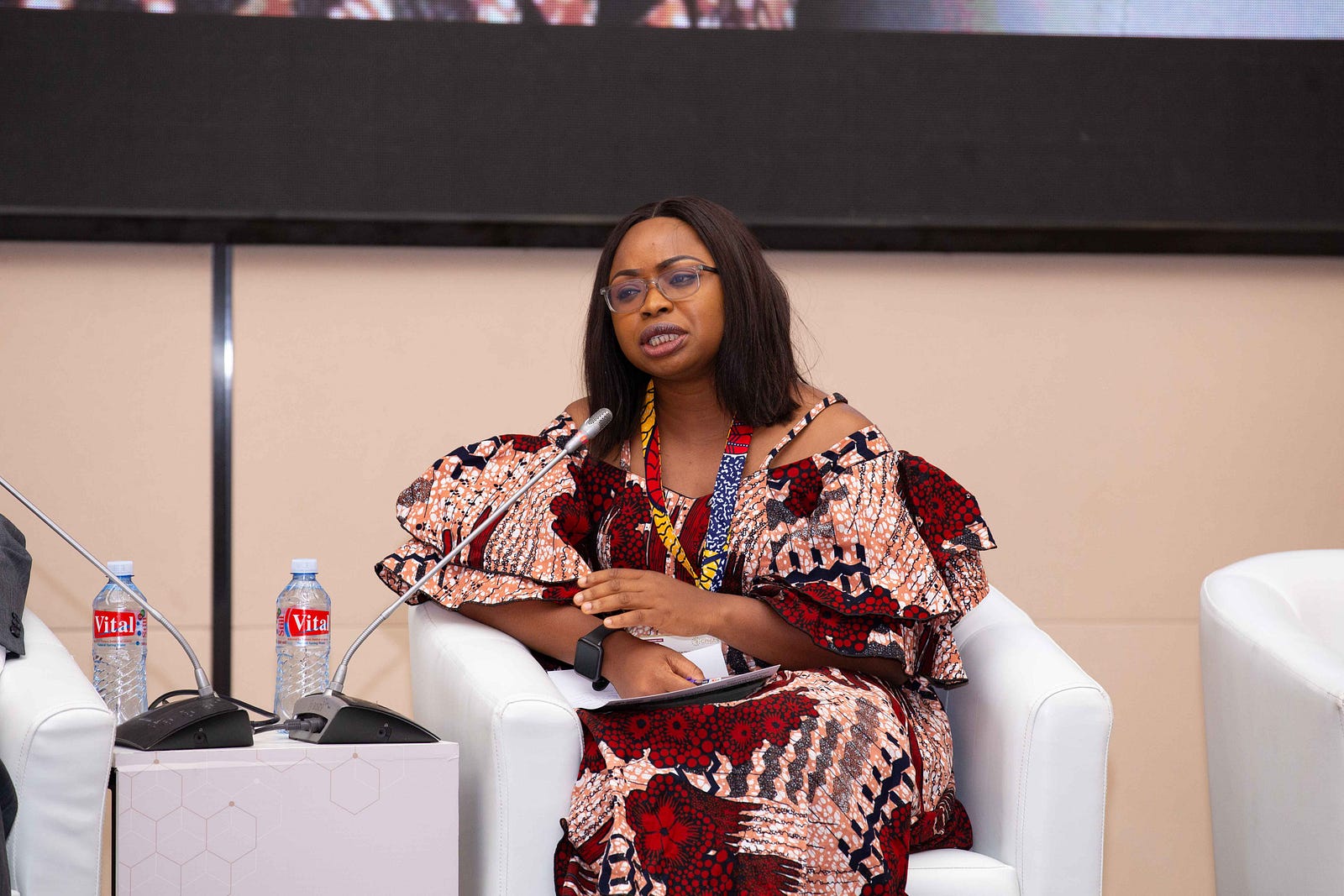
Media as an “agenda setter”
It has never been so important as it is now to effectively use the appropriate communication channels to advance advocacy efforts, particularly at a time with increased media fragmentation.
The far-reaching impact of the media gives it the ability to amplify trending issues, innovations, and impact, requiring close collaboration between public health professionals and the media. Onyekachi Nwitte-Eze described the media as an “agenda setter”.Wielding such power, the media can raise public awareness of interventions being carried out. This increased visibility, aims to shape public perception, in order to increase support and funding for health security.
The media, through reports, can ignite policymakers to allocate resources, strengthen healthcare systems, and implement effective response strategies. By exposing gaps and advocating for solutions, the media can hold governments accountable and drive positive change.
By placing key messages directly in front of lawmakers, the media facilitates essential change. Dr. Alhassan, Country Director of Global Health Advocacy Incubator, emphasised the media’s ability to cut through layers of bureaucracies. In simple terms, media has the potential to act as a catalyst for advocacy, accelerating progress towards desired outcomes.
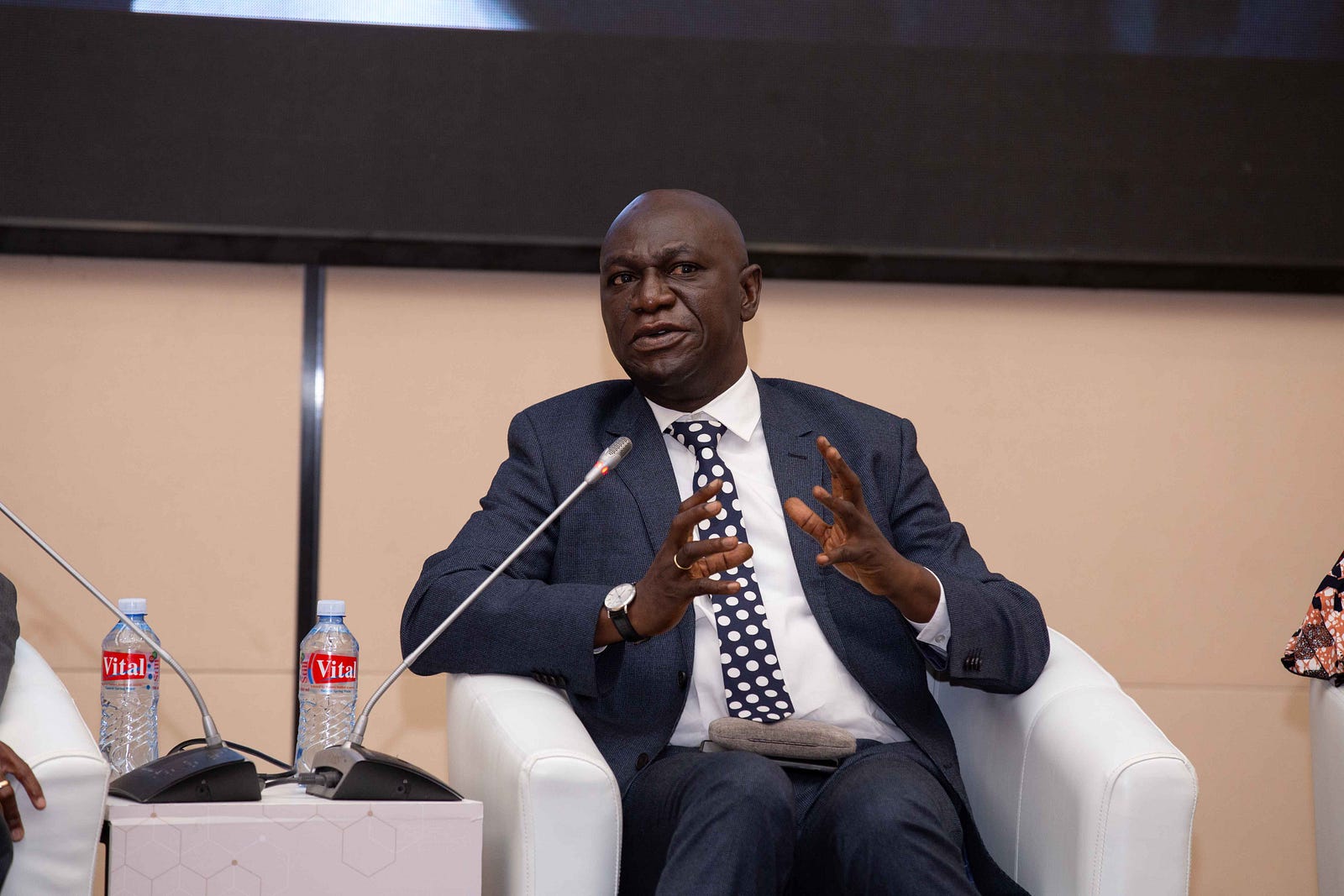
“We cannot do advocacy without media advocacy. A significant portion of our success in Nigeria can be attributed to the impactful work of Nigeria Health Watch in galvanising support and driving positive change through the media,” he added.
According to Dr. Songane by actively engaging with the media and conducting regular briefings during the COVID-19 pandemic, theAfrica Centres for Disease Control and Prevention (Africa CDC) effectively maintained public awareness, which fostered a greater understanding of the resources needed to combat the pandemic.
The media plays a crucial role in amplifying success stories, further enhancing public understanding and confidence in ongoing efforts. Citing Kenya’s COVID-19 response, Dr Songane shared how the government’s direct engagement with grassroots media through radio stations proved instrumental in addressing vaccine hesitancy and misinformation.
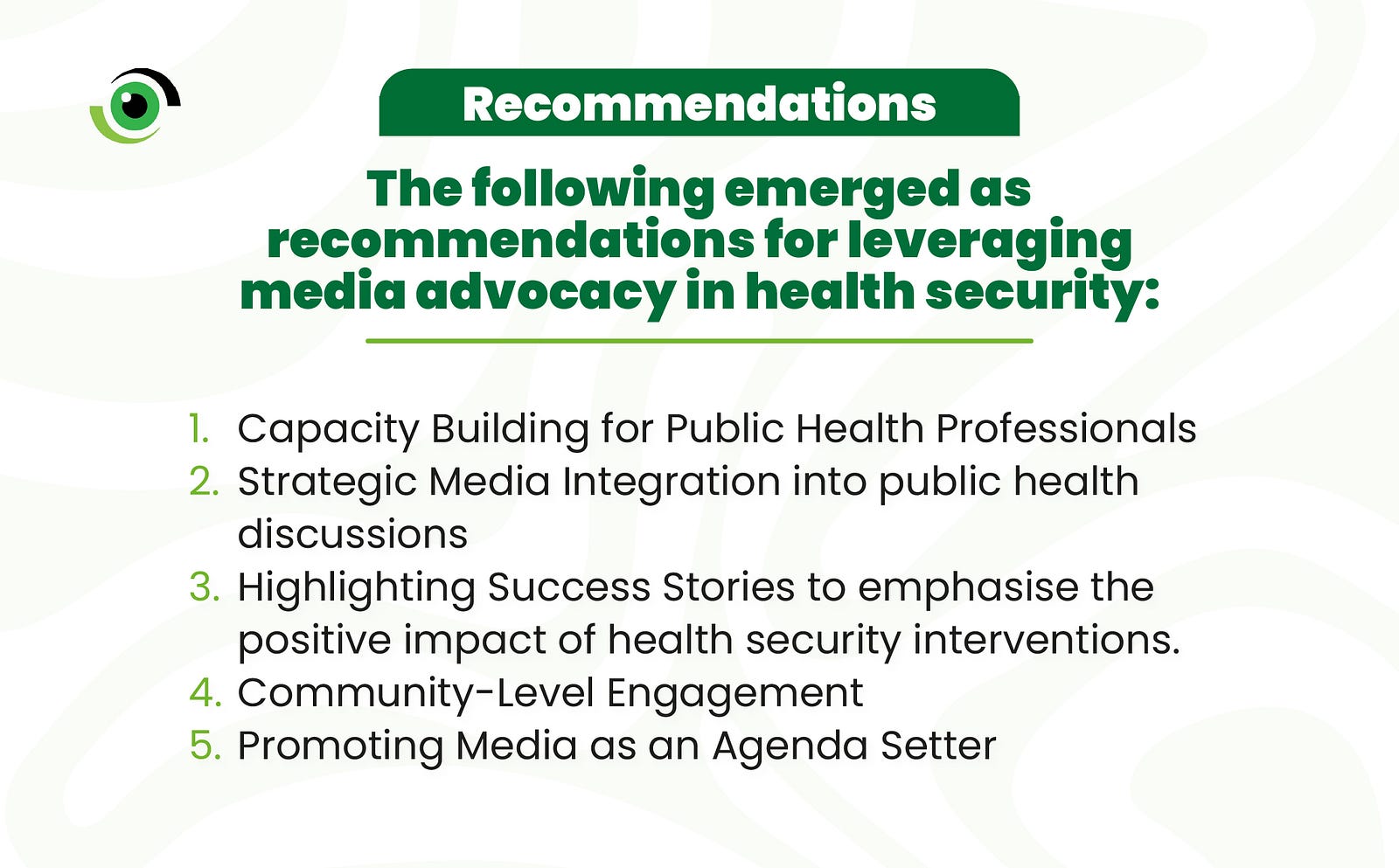
Please download the Media Advocacy Toolkit here


